Artificial Intelligence (AI) has done many wonderful things for the world, it’s brought us the creative ideas for great movies like Terminator and I, Robot. But a few months ago, AI was scaring masses, with everyone thinking AI was going to replace every job and it was going to “change the face of marketing”.
In June 2023, the NWMN hosted an event focused on understanding AI, hosted by Sam Bettis. Sam took us through what AI was and where it was beginning to be used in marketing and the wider world. She also highlighted the restrictions, limitations and bias built into the technology. At the end of the event, Sam theorised what the future of AI would look like and how it would be used.
In reality, generative AI tools like ChatGPT became slightly dumber with government-imposed restrictions, and people realised it probably wasn’t as smart as we ever gave it credit for. That’s not to say, it’s not an amazing tool, and it can be used to help streamline marketing processes, but it’s not entirely replacing marketing jobs or roles any time soon.
Since Chat GPT has come around, I think what people consider AI has changed. Generative AI tools like ChatGPT really made AI accessible to everyone. Similarly, the internet was around for a long time before the World Wide Web gave it a friendly interface for everyone to access it, ChatGPT has essentially done the same thing for AI.
This form of AI is what many companies have adopted into their processes.
What can generative AI be used for?
- Content generation
- Brainstorming/ideation
- Social caption writing
- Proofreading/spell check/editing
- Translation
Some brands are using generative AI in creative marketing campaigns to either flex their brand image or help highlight biases within the technology and society as a whole.
Heinz used AI image generators to help solidify their market leading position. Giving AI image generators the simple prompt “ketchup” and seeing the resemblance between the generated images and the Heinz ketchup bottle.
But, looking beyond ChatGPT and how businesses have adopted AI into their marketing, there is a lot more that can be achieved with this technology.
E-commerce Upselling
Amazon became one of the first companies to use AI to enhance customer experiences with personalised shopping recommendations. This allows the algorithms to make suggestions based on the customers past purchases, but also other items that customers have purchased based on the searching and browsing behaviour. Due to this, Amazon can nudge customers into buying more items by predicting what each customer is likely to buy.
Chatbots
Exedian has launched an AI chat bot. Expedia members can now start an open-ended conversation in the Expedia app and get recommendations on places to go, where to stay, how to get around, and what to see and do based on the chat. But much more than that, the new trip planning experience brings in intelligent shopping by automatically saving hotels discussed in the conversation to a “trip” in the app, helping members stay organised and making it easier for them to start choosing dates, checking availability, and adding on flights, cars or activities.
Sephora also have an AI-powered chatbot that can recommend products based on the information it’s fed, rather than pre-written answers.
Enhanced PPC Ads
AI has also been used to create more ad type options for people to use, including Performance MAX campaigns on Google. Unlike typical search or display ad campaigns, Performance Max utilises machine learning and automated bidding to dynamically place ads across multiple Google networks, including Search, Display, YouTube, and Discover. These ads leverage Google’s powerful algorithms to allocate budget efficiently, and deliver the most relevant ads to users across diverse platforms.
Facebook Ads leverage artificial intelligence to automate and optimise the entire advertising process. This advanced system utilises machine learning algorithms to analyse user behaviour, identify patterns, and predict which audience segments are most likely to engage with the ads.
CMR plug-ins to streamline the sales purchase
Generally, B2B companies are adopting AI into their marketing practices in a very similar way to B2C companies. They are using it to create content, brainstorm, proofread, etc.
However, some B2B systems and softwares, like CRMs, have built AI into their platform to make this easier. Essentially companies can program AI to find similar companies to those they are currently working with, they can also run data through programmes with AI built in to qualify leads quicker.
The future of AI?
With any new technology, predicting how it will be used in the future is a guessing game. Looking at consumer behaviours can help us make a bit more of an informed guess. We will probably see an increase in AI chatbots on websites. 40% of consumers say they’d pick one AI chatbot over another if it offers trustworthy information.
We might also see a rival to SEO, in AIO (Artificial Intelligent Optimisation), as 12% of internet users are using AI chatbots like ChatGPT to find answers to questions. Content creators might begin optimising their content not just for search engines, but also working with AI generative language bots to pull through their information, so they can better steer the conversation.
As CRM plug ins evolve, brands could take their personalised messaging to the next level. AI in conjunction with their CRMs can tailor messages based on what a customer has purchased and offering bespoke marketing comms based on their entire history of interactions with a company.





